|
|
|
|
Nau mai hoki mai – who’s flying to Australia next week?
According to early bookings after the announcement of a quarantine-free trans-Tasman travel bubble, quite a few New Zealanders are packing their bags already. Long delayed family reunions will be a major driver, but the big question is what impact this will have on the tourism industry in the medium and longer term.
As AUT’s Michael Lueck writes, a single foreign route can’t possibly compensate for the loss of an entire international market, and winter isn’t the most promising season. But the optimistic outlook of Qantas and Air New Zealand, both of which are forecasting relative growth in their trans-Tasman operations, is reasonable – and the boost might just get some tourism businesses through until better times return.
There is plenty more to read in this newsletter and on our homepage, including the remarkable story of how Paul Scofield and Vanesa De Pietri from Canterbury University tracked down the first kiwi seen by
European scientists and established it originally came from Rakiura/Stewart Island.
Thanks as always for your support and readership. Until next time, mā te wā, all the best – and maybe even bon voyage.
|
Finlay Macdonald
New Zealand Senior Editor & NZ Editor: Politics, Business + Arts
|

|
|
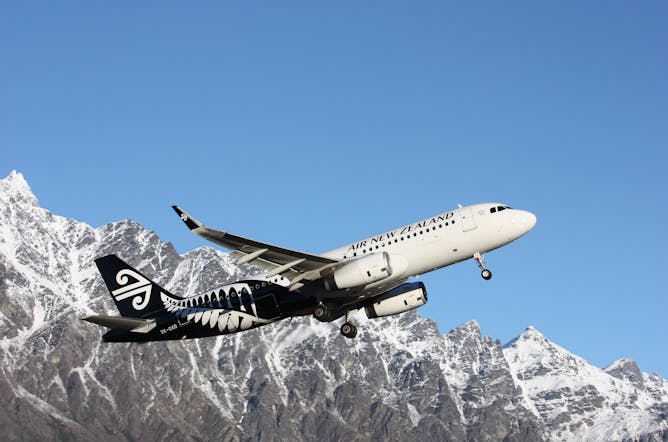
www.shutterstock.com
Michael Lueck, Auckland University of Technology
Quarantine-free travel between Australia and New Zealand will be a make-or-break moment for many tourist operators hit hard by COVID-19.
|
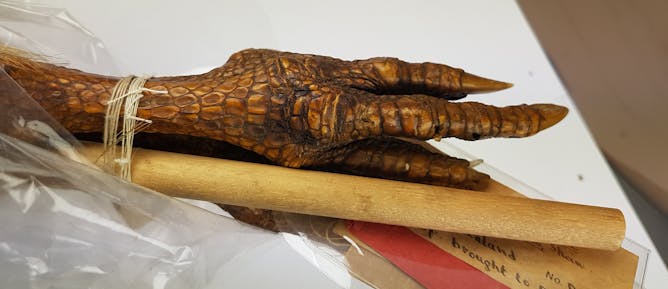
Author provided
Paul Scofield, University of Canterbury; Vanesa De Pietri, University of Canterbury
Māori treasure kiwi feathers for weaving cloaks for high-ranking people. But the bird's first description by European scientists is quite recent, based on a specimen that arrived in London in 1812.
|
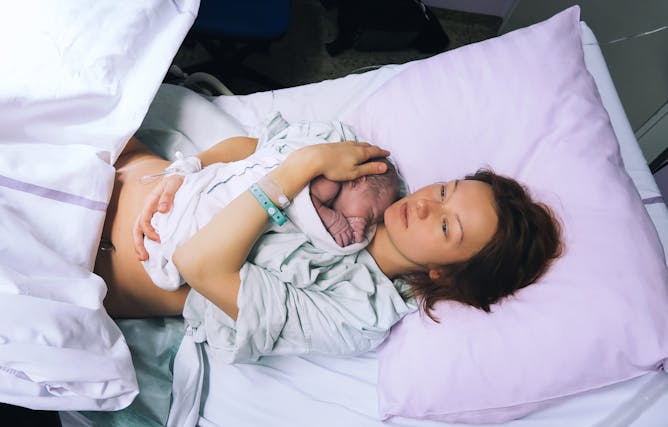
Shutterstock/Natalia Deriabina
Claire Breen, University of Waikato
New Zealand's Accident Compensation Corporation has been urged to reconsider a policy change that restricts access to treatment for women who suffered common birth injuries.
|
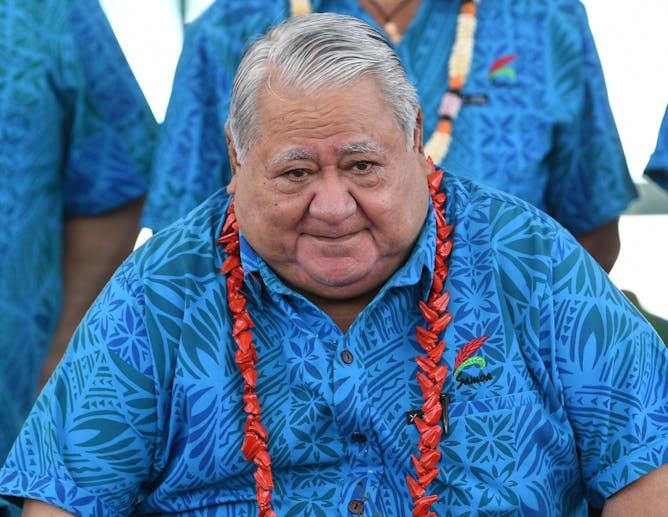
Samoan Prime Minister Tuilaepa Sailele Malielegaoi, during the Pacific Islands Forum in Apia, Samoa, in 2017.
Lukas Coch/AAP
Tamasailau Suaalii Sauni, University of Auckland; Patricia A. O'Brien, Georgetown University
Despite indications the Samoan government was out of favour, few predicted it could lose power.
|
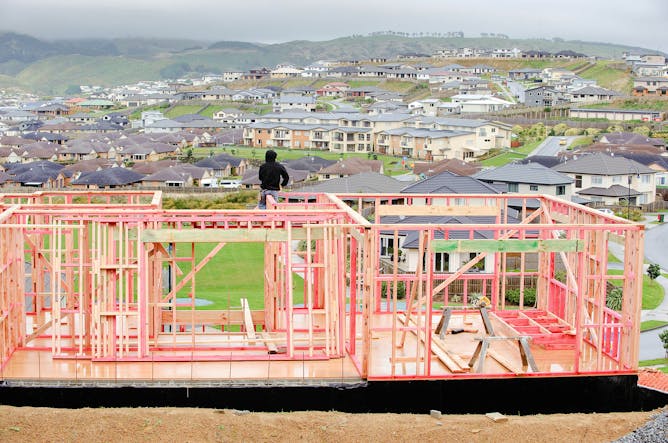
GettyImages
Norman Gemmell, Te Herenga Waka — Victoria University of Wellington
Without making housing supply the priority, the government's tax-based policies create more objectives than they can reasonably achieve.
|
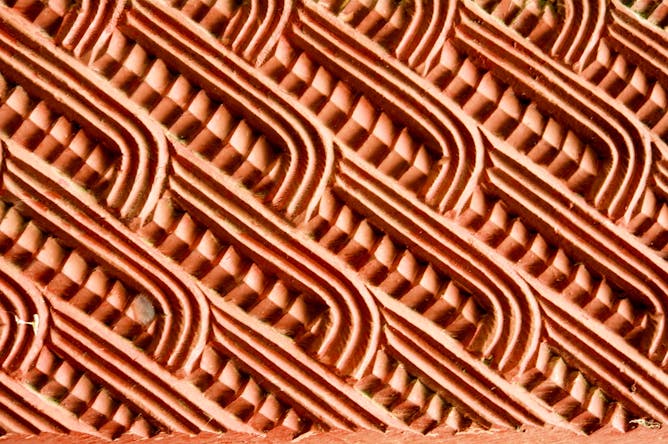
GettyImages
Apisalome Movono, Massey University; Anna Carr; Emma Hughes, Massey University; Freya Higgins-Desbiolles, University of South Australia; Jeremy William Hapeta, Massey University; Regina Scheyvens, Massey University; Rochelle Stewart-Withers, Massey University
Mainstream academic publishing presents many obstacles to Indigenous authors, especially the conventional peer review process — but there are ways to overcome this.
|
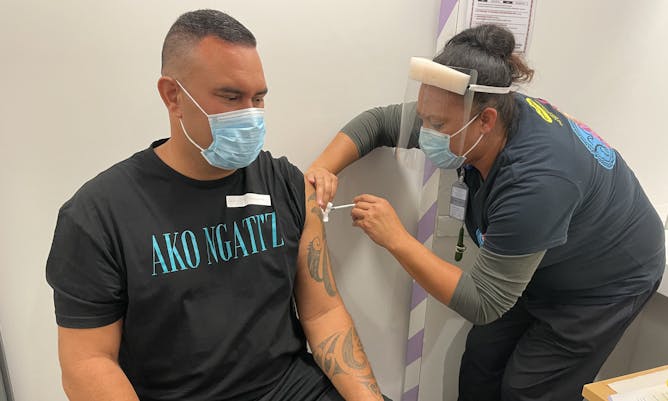
Ministry of Health
Nikki Turner, University of Auckland
Even with the highest possible rates of vaccination, New Zealand will need to keep up public health measures, or consider letting go of the concept of elimination and focus instead on disease control.
|
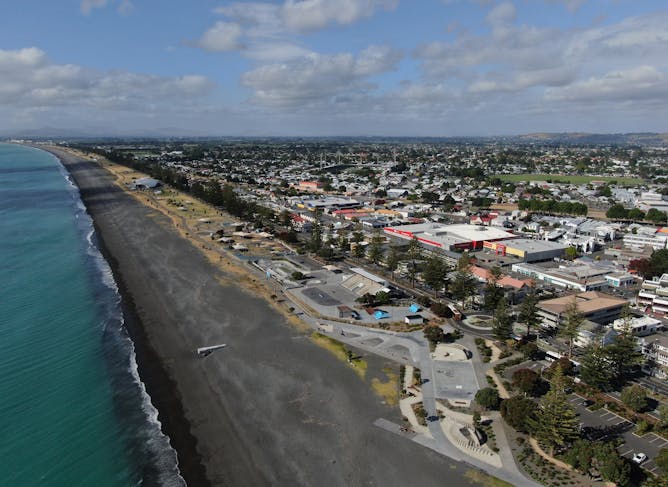
Shutterstock/Pro Aerial Master
Catherine Iorns, Te Herenga Waka — Victoria University of Wellington
New Zealand is replacing its once groundbreaking environmental legislation with new laws, one of which focuses on climate change adaptation and will include a fund to enable managed retreat.
|
From our international editions
|
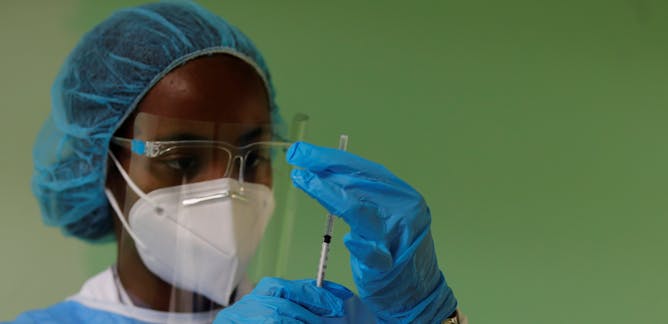
Deborah Gleeson, La Trobe University
COVAX, the global vaccine distribution initiative, is well behind its goal of delivering 2 billion doses this year due to under-investment, vaccine nationalism and export restrictions.
| |
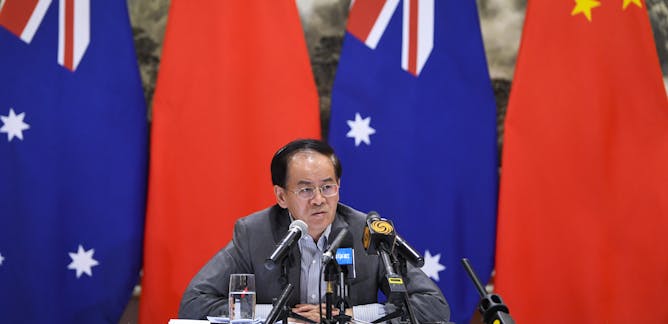
Tony Walker, La Trobe University
There's a sizeable gap between Western perceptions of the role of journalists in democratic societies and China’s view that media should serve the interests of the state.
|
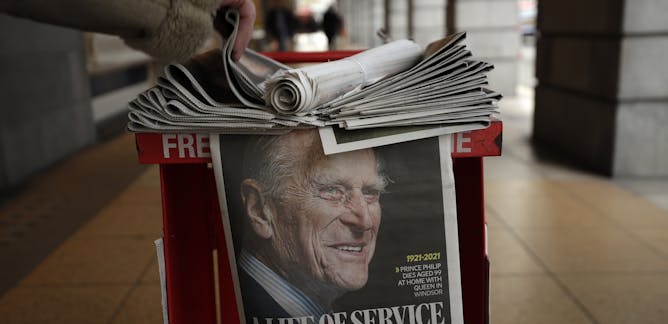
Janice Hume, University of Georgia
Obituaries tend to play down any negative aspects of character. Over time, they reveal what we value in life.
| |
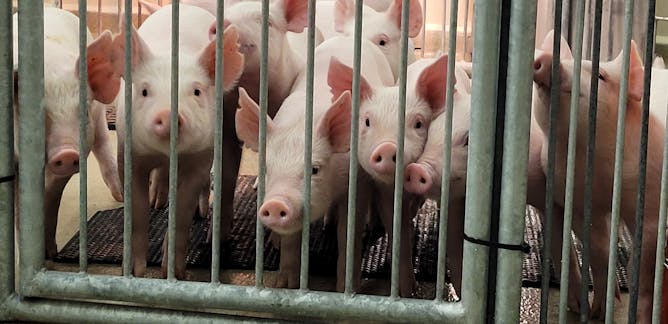
Christopher Tuggle, Iowa State University; Adeline Boettcher, Iowa State University
Medical research to benefit people is first conducted in animals. Creating a new biomedical model by inserting human immune cells into pigs may lead to new insights and treatments.
|

David Mitchell, Trinity College Dublin
Brexit is only the latest episode of cynicism and scaremongering at the top of unionism
| |
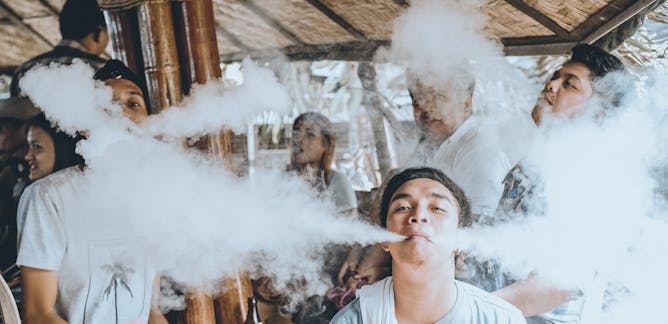
Beladenta Amalia, Universitat de Barcelona
Young vapers do not know that their habit may also endanger bystanders, as the vapers may also expose them to e-cigaratte emission.
|
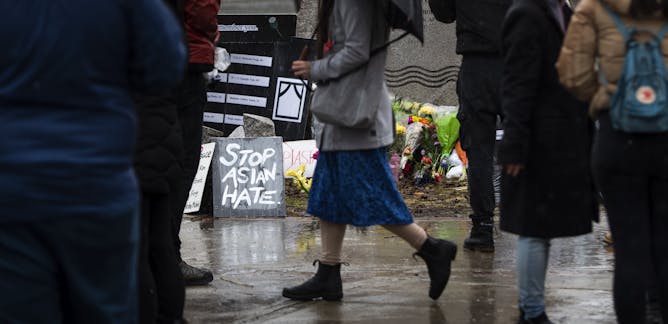
Mary Chapman, University of British Columbia
Chinese-Canadian journalist Edith Eaton documented anti-Asian racism in Canada in the late 19th and early 20th century. Over 100 years later, not much has changed.
| |
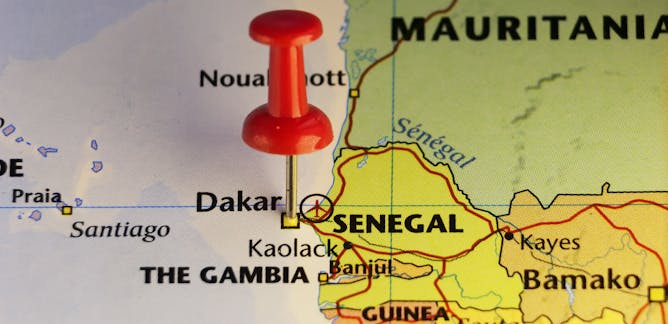
Eleanor Scerri, Max Planck Institute for the Science of Human History
New evidence affirms that significant, long-standing inter-group cultural differences shaped the later stages of human evolution in Africa.
|
|
|
| |
| |
| |
| |
| |
| |
|
|
|
|
|
|
|